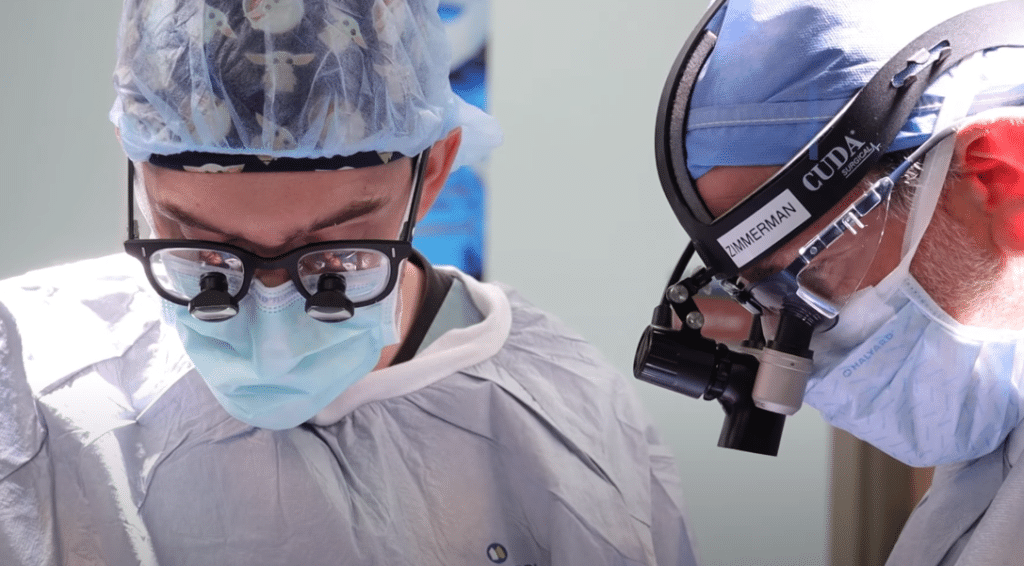Category: Sponsored
Developmental and epileptic encephalopathies, or DEEs, refer to a group of severe epilepsies that typically begin early in life, are rare and are refractory. In children with DEEs, getting an accurate and timely diagnosis is important for a number of reasons: developing a proper treatment plan, understanding outcomes and managing
Read MoreUnfortunately, people with epilepsy (PWEs) are often advised against participating in sports due to fear the activity will worsen seizures or cause injury. We asked students at elementary, high school and university levels about their experiences with having epilepsy and participating in individual and team sports. Why should people with
Read MoreFor people living with epilepsy who have tried various epilepsy treatments to control their seizures with little success, there is another option. It’s a surgery called resection of an epileptic focus, or resective surgery — where surgeons remove or disconnect the area in the brain that is no longer properly functioning and is generating seizures. Dr. Jonathon Parker, a
Read MoreEating a balanced diet and maintaining adequate hydration are important, especially for people living with epilepsy. Here are some tips about nutrition that people with epilepsy should be aware of from a Mayo Clinic physician. Bone Health Bone health is important for everyone because of aging, but some people with
Read MoreWomen with epilepsy face unique challenges when dealing with hormonal changes throughout their lives. It’s important to be aware of these challenges, and even more important to maintain a consistent relationship with a physician to proactively manage each life stage. Puberty When a woman’s menstrual cycle begins at the onset
Read MoreAs the new year begins, healthy habits are top of mind. Regular physical activity has benefits for both physical and emotional well-being during adolescence and later in life. However, parents of children with epilepsy or children themselves oftentimes are reluctant to participate in physical activity. The following tips are focused
Read MoreHolidays are a time of celebration with friends and family. For many, this can mean travel near or far. Traveling is not always as simple as packing a suitcase and heading out the door. People with epilepsy have special considerations when it comes to trekking across states, countries, or the
Read MoreEpilepsy is a very common condition that affects approximately 500,000 children in the United States. Most can achieve control of their seizures with medicines. However, once a child has tried more than one anti-seizure medication without success, the chance of controlling the seizures with medicine alone is low. When that happens, neurologists often consider alternative treatment plans, including: Surgical options.Dietary treatments.Neurostimulation. Neurostimulation is the application of electricity to the brain to help reduce seizures.
Read MoreDid you know epilepsy is common? Approximately 1% of the U.S. population will experience an epileptic seizure during life. November is National Epilepsy Awareness Month. Here are some key facts and treatments for epilepsy from a Mayo Clinic doctor. Diagnosis: Epilepsy is diagnosed when a person is found to have a predisposition for recurrent unprovoked seizures.Treatment: Many individuals respond well to anti-seizure medications. But a third of people with
Read MoreThe month of October is Sudden Unexpected Death in Epilepsy (SUDEP) Action Month, bringing awareness and attention to this complication of Epilepsy. One in 150 persons with uncontrolled seizures die each year for from SUDEP. While the exact cause for SUDEP is unknown, there are measures you can take to
Read More







